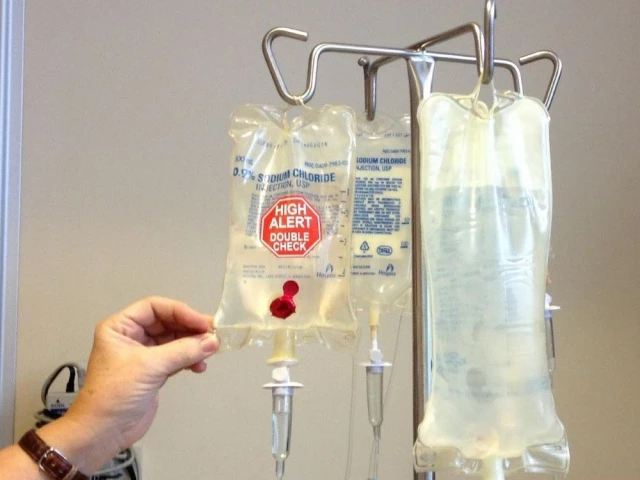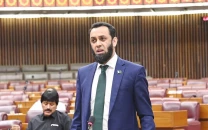Cancer patients denied affordable treatment in Karachi
Only 1,253 out of 44,340 radiation patients were admitted at the Jinnah Hospital from January to December 2024

Unlike societal attitudes, illnesses rarely discriminate on the basis of wealth and status. However, the treatment to fight off those deadly conditions is only reserved for those with a decent bank balance.
Across the port city, no dedicated cancer diagnosis or treatment facility is available at the government level for low-income patients suffering from the fatal condition. With no registry of cancer patients, the few cancer facilities available are brimming with patients. The chemotherapy facility at the Civil Hospital and the radiation unit at the Jinnah Hospital often deny treatment to patients, forcing them to seek private care.
Only two radiation units have been set up in the city at the Jinnah Hospital and Kiran Hospital, which are operating under the Pakistan Atomic Energy Commission. On the other hand, radiation facilities are available in two to three private hospitals in Karachi where one session of radiation therapy costs Rs15,000 to Rs20,000.
In Pakistan, more than 185,000 new cases of cancer and 125,000 deaths are reported each year, with breast cancer, oral cancer and lung cancer among the most common. Medical experts are of the opinion that cancer is becoming increasingly common among the local population however, adequate cancer treatment facilities are missing at the government level, due to which patients are either put on the waiting list for several months or have to pay lakhs of rupees for treatment at a private hospital.
Amir, the husband of a woman suffering from breast cancer, confirmed that there was no facility for the treatment of breast cancer at government hospitals. “When I contacted the Civil and Jinnah Hospitals, they had a long list of female patients. Therefore, we went to multiple private facilities, where my wife’s surgery and 17 sessions of chemotherapy alongside tests and medications cost a total of Rs1.7 million. Radiation and chemotherapy are very expensive at private hospitals,” said Amir.
Similarly, Mohammad Farid, a 70-year-old prostate cancer patient, was persistently denied treatment at public hospitals. “During this time my pain worsened, after which I contacted a urologist at a private hospital. The surgery cost Rs200,000, while each of the six chemotherapy sessions cost me Rs40,000. There is no facility for the treatment of cancer and other complex diseases at public facilities. Cancer treatment is beyond the reach of the poor man,” regretted Farid.
According to sources of the Express Tribune, out of a total of 44,340 patients who visited the radiology department of the Jinnah Hospital from January to December 2024, only 1,253 were given admission for treatment. Prof. Dr Noor Muhammad Soomro, an oncologist and former Head of the Department of Cancer at the Civil Hospital, confirmed that the few radiation therapy units available in the city received a huge influx of patients due to which many had to wait for months.
“Among men, mouth and throat cancer is most common, while among women, breast cancer is commonly reported. Due to expensive cancer treatment, poor patients seek indigenous methods of cure. If cancer is not treated in time, the patient dies quickly. Cancer is treated in three ways; surgery, radiation and chemotherapy,” informed Dr Soomro.
Dr Shumaila Khuhro, Head of Oncology at the Civil Hospital, revealed that the cancer unit had 44 beds, while more than 100 cancer patients were reported daily in the cancer OPD. Dr Nausheen, Deputy Director at the Jinnah Hospital, shared that the cancer unit had 52 beds while nearly 180 cancer patients sought treatment on a daily basis.
"The Civil and Jinnah Hospital are the only hospitals in the province where cancer patients are being provided treatment facilities," confirmed Dr Pir Ghulam Nabi Shah Jilani, Deputy Director Health Karachi.




















COMMENTS
Comments are moderated and generally will be posted if they are on-topic and not abusive.
For more information, please see our Comments FAQ